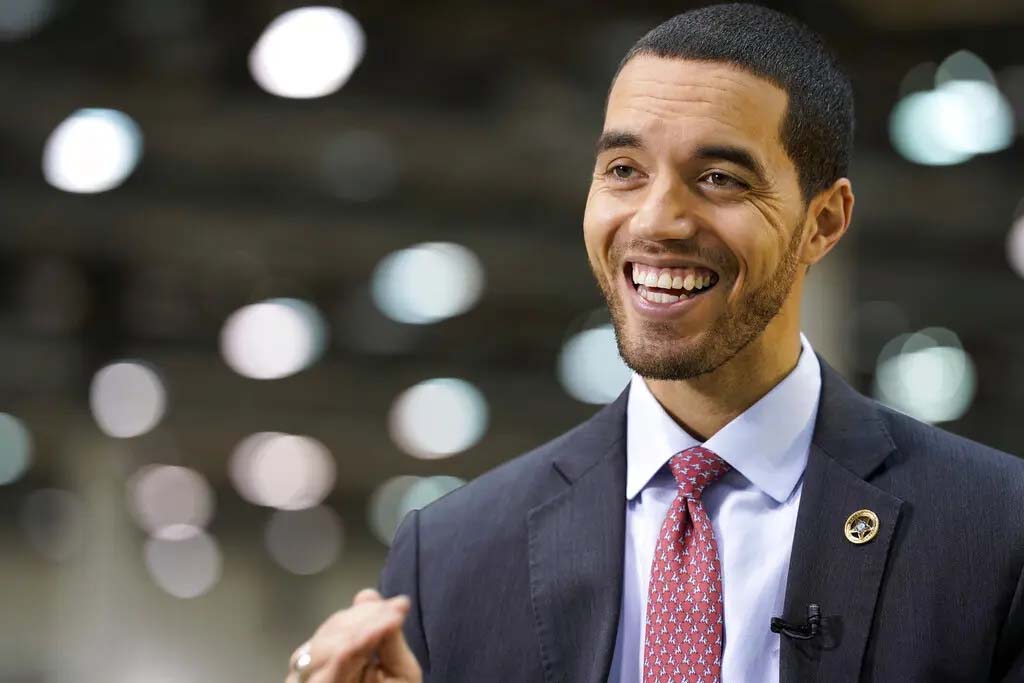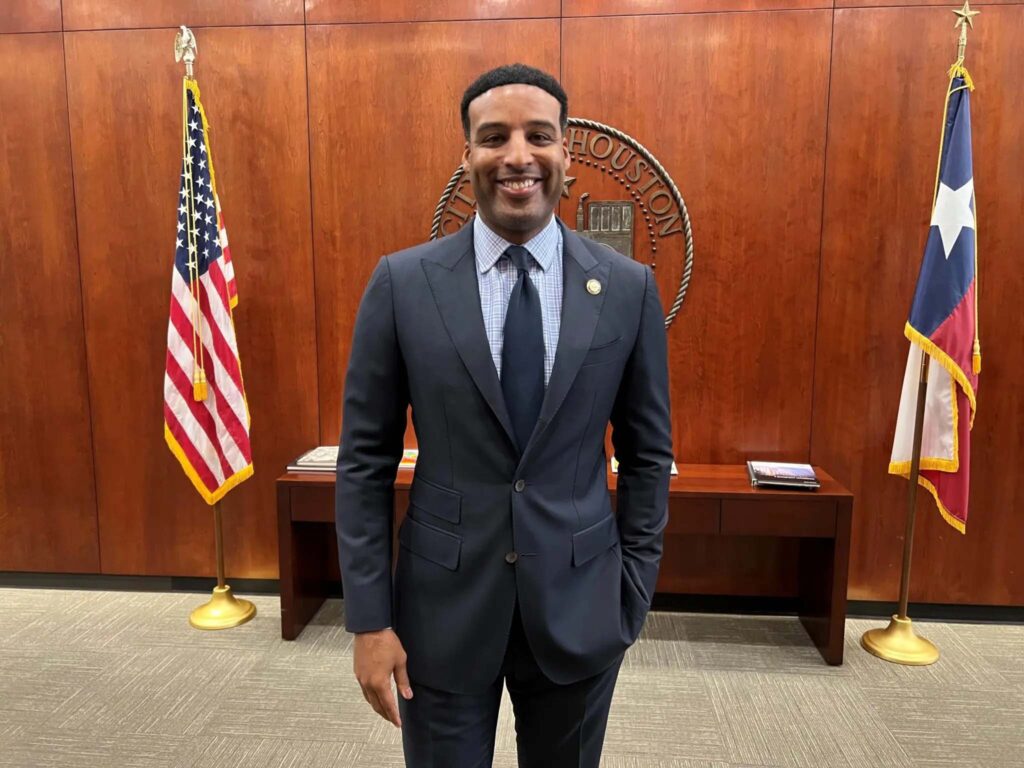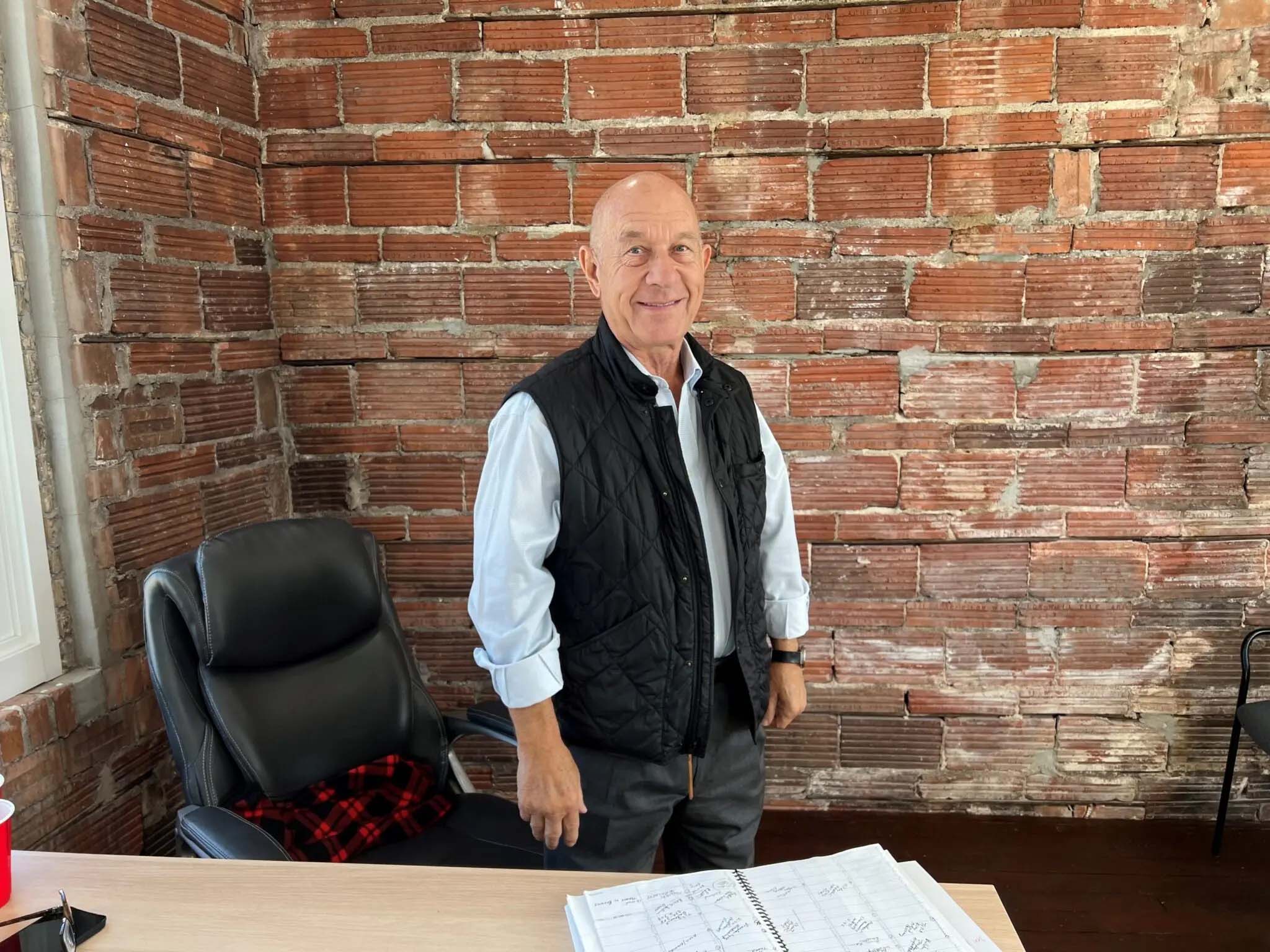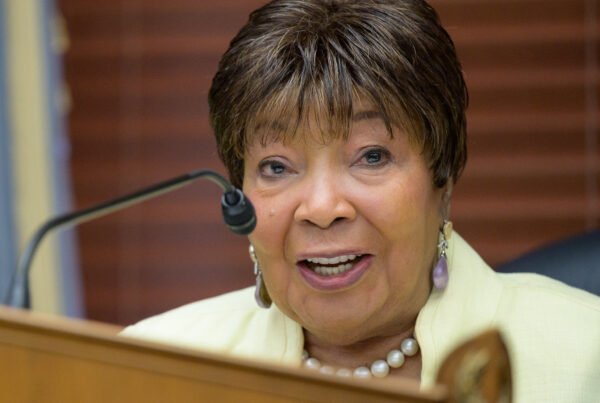From Houston Public Media:
John Whitmire will take the oath of office this morning as Houston’s 63rd mayor. He said he will waste no time getting down to the business of improving public safety, infrastructure, and the delivery of city services.
Whitmire’s mayoral agenda
While Whitmire ran as an advocate for taking a tougher approach to fighting crime compared outgoing Mayor Sylvester Turner, he signaled that he intends to retain a key Turner appointee: Houston Police Chief Troy Finner.
“Chief Finner is a good police chief. I’ve known and worked with him for a number of years,” Whitmire said. “But I want him to be a great police chief, and I think he can do that under my administration.”
For Whitmire, that means not only hiring more officers for the Houston Police Department but expanding the use of the city’s other law enforcement agencies, like those of Metro and Houston ISD, as well as the Harris County constables. It also means using state DPS troopers.
“Unfortunately, that was politicized during the campaign and misrepresented by candidates that it would militarize our communities. Nothing could be further from the truth,” Whitmire said. “They’re here today. They’ll back up HPD. They’ll do traffic enforcement.”
Houston Public Media investigated the use of DPS troopers to assist local police in both Austin and Dallas. We found that, in both cases, their deployment led to increased arrests of nonwhite residents that didn’t appear to be linked to other factors, according to the Travis County Attorney’s Office and the Dallas County District Attorney’s Office.
But Whitmire says public safety goes beyond just fighting crime. It also means reaching a new contract with the city’s firefighters. Whitmire affirmed a pledge he made in his victory speech that he would immediately drop the city’s remaining legal challenges against the firefighters’ union and begin arbitration.
“We’re going to look out for the taxpayers. We’re going to look out for the firefighters and come up with an agreement. And I think people dealing in good faith can do it,” Whitmire said. “It won’t be easy, because there’s a lot of demands. You know, when you go seven years without a contract, it’s not just the finances of it, but it’s working conditions and positions. And so, we’ll just sit down and work with them. They are supporters of mine, but they understand also that there’s limitations.”
Public safety is far from Whitmire’s only concern. He also wants to improve the city’s infrastructure and the delivery of crucial city services.
“We’ve got to address our street conditions, our water lines,” he said. “The permitting process in public works is completely broken. We have homebuilders and businesses that say they just won’t do business in the city of Houston because they can’t get a permit approved. Garbage pickup, we’ve got to have reliable garbage pickup in a great city…Illegal dumping is a concern of mine. We’ve got to address (it so) that people don’t fill up the ditches. It’s a health and safety issue. It’s a drainage problem.”
And while Houston has made strides in reducing chronic homelessness in recent years, Whitmire said, it hasn’t done enough.
“Houston’s done good. But we still have way too many people living on the streets of Houston,” Whitmire said. “A lot of it’s mental health-driven. We’ll be working with the medical schools in the Med Center to see that they can assist us in addressing mental health services.”
The cost
Paying for all of those expanded services will be a big challenge.
“We are spending, as a city, somewhere between $200 and $300 million more than is coming in on a recurring basis every year,” said incoming Houston City Controller Chris Hollins. “And we’ve been using one-time solutions like selling land, or in the case of, most recently, the COVID dollars that came from the federal government to solve this problem, but those are going to run out. And in about a year and a half’s time, it’s going to be staring us in the face.”
Hollins is hardly the first person to sound the alarm about the city’s fiscal future. His predecessor, Chris Brown, repeatedly warned the Turner administration about the same problem. Whitmire plans to bring Brown into his own administration as he seeks solutions.
For a start, Whitmire said, he’ll look for places to cut the budget. “We will definitely do an audit of every department looking for waste, improprieties, and broken rules,” he said. “But we’re going to be about serving Houston, and we will be very, very transparent. I want the public to understand every step I take at City Hall.”

Then-Harris County Clerk Chris Hollins answers a question about the upcoming election during an interview at election headquarters Tuesday, Sept. 29, 2020, in Houston.
AP Photo / David J. Phillip
Whitmire also said he’ll be looking to share costs with Harris County, as well as with management districts and Tax Increment Reinvestment Zones (TIRZs). And if that’s not enough, he said he’ll ask the voters to approve higher taxes.
“I don’t think I would hesitate to ask for an exception to the revenue cap for public safety,” Whitmire said. “I don’t know, quite frankly, why it’s not being done now. The public would support that concept, and that would be for police and fire. We’re really understaffed at fire as well as police.”
Councilmember Edward Pollard, who served as vice chair of the Budget and Fiscal Affairs Committee under Mayor Sylvester Turner, identified other funding challenges Mayor Whitmire will face.
“We have Other Post Employment Benefits, which is like health insurance for retirees. We have to figure that out,” Pollard said. “Deferred maintenance, a lot of our city facilities are in bad shape. We need to be able to find a way to ensure that we’re putting the necessary dollars towards the upkeep.”
Pollard said the city has a cushion of $400 million in its general fund, and it can expect gushes of sales tax revenue from the coming college football championship and the 2026 World Cup. But with expenses mounting on public safety, infrastructure, and city services, Whitmire will have his hands full as he prepares his first budget.

Houston City Councilmember Edward Pollard, December 19, 2023.
Andrew Schneider / Houston Public Media
New balances of power
One other area where Whitmire may be looking to save money is by reducing the city’s legal expenses.
Last year saw a running fight between Texas’ state government and many of the state’s large metro areas over local autonomy come to a head, when Governor Abbott signed House Bill 2127. Known to its opponents as the “Death Star Law,” the measure prohibits cities and counties from enacting local ordinances on a wide range of subjects unless they first get permission from the State Legislature.
The Turner administration sued, arguing the law violated the Texas Constitution’s home rule provisions.
A district court sided with Houston, but Attorney General Ken Paxton appealed, and the law went into effect as scheduled on September 1 while the case continued.
Then-State Senator Whitmire voted against HB 2127. But as mayor, Whitmire indicated he’d seek a compromise rather than continuing the fight.
“You know, I look for a better relationship with Austin,” Whitmire said. “I just think, as often as you can stay out of the courthouse, the better. If everybody’s dealing in good faith, you can solve these problems without going to court.”
Whitmire will need to exercise that spirit of compromise closer to home as well, thanks to a charter amendment voters approved in November to weaken the city’s strong mayor form of government. Passed as Proposition A, the amendment made it possible for any three councilmembers to place an item on the City Council’s agenda with or without the mayor’s approval.
“The Council has received additional powers,” Whitmire said. “I welcome that. As a legislator, I understand. I never had to ask anyone’s permission to introduce a bill or offer an amendment. I just did it.”













